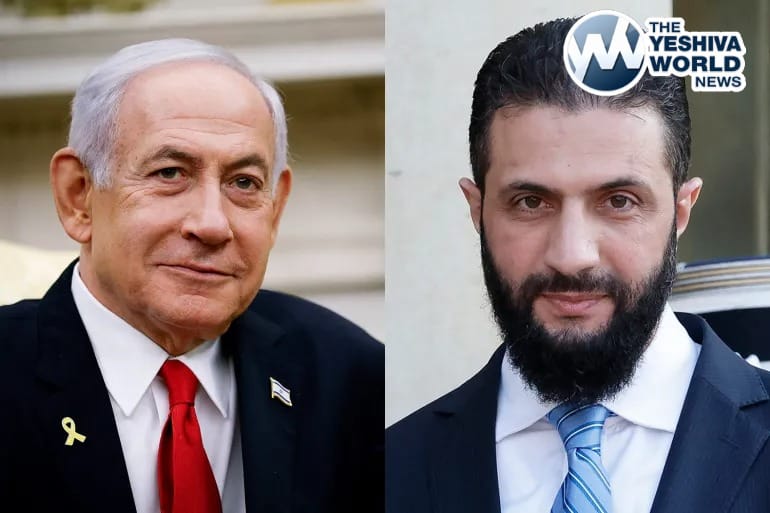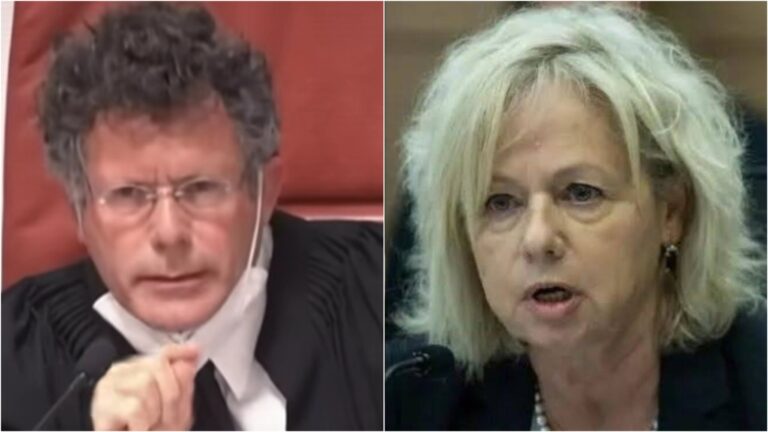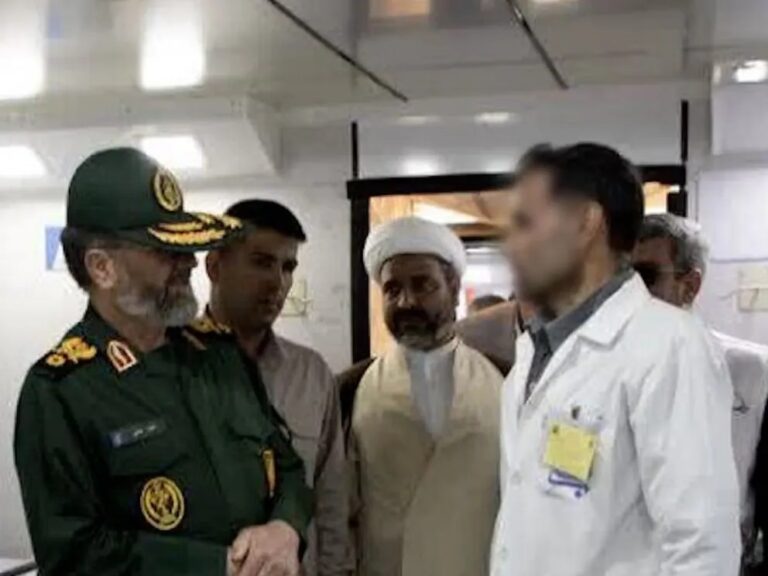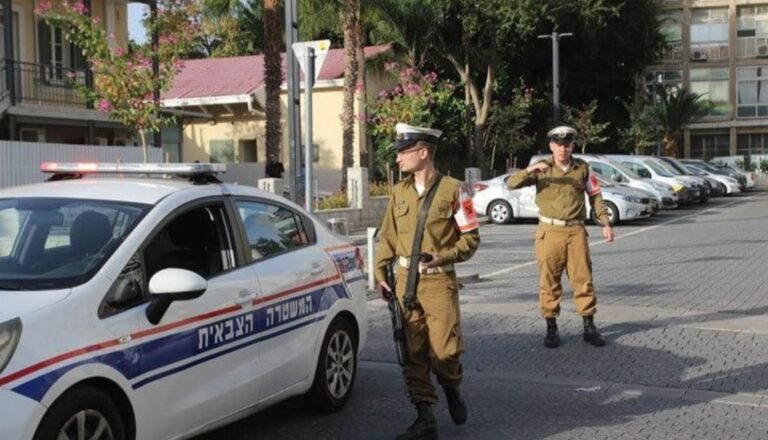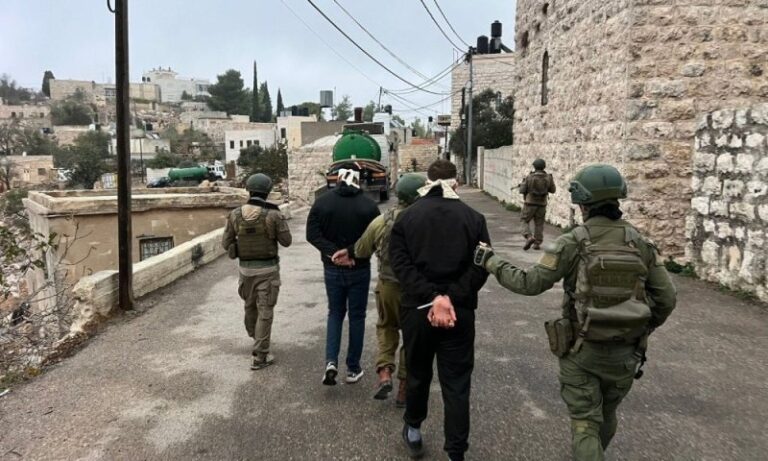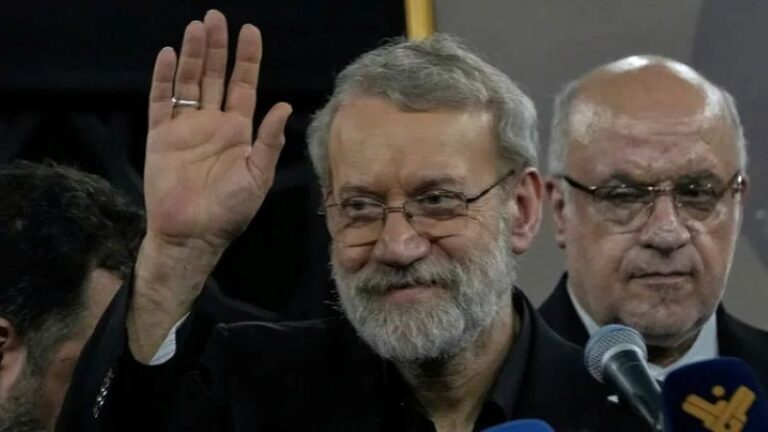Syrian President Ahmed al-Sharaa said Tuesday that his government is engaged in direct negotiations with Israel — the first such acknowledgment since he seized power last year.
“We are engaged in direct negotiations with Israel, and we have gone a good distance on the way to reach an agreement,” Sharaa told The Washington Post in an interview. “But to reach a final agreement, Israel should withdraw to their pre-December 8 borders.”
The date Sharaa cited — December 8, 2024 — refers to the fall of Bashar al-Assad’s regime, when Israel launched sweeping airstrikes across Syria to destroy leftover weapons stockpiles, including chemical arms, precision missiles, and air bases. Israel also maintains a limited military footprint in southern Syria, citing ongoing security threats.
Sharaa’s disclosure comes as Washington quietly brokers a potential security pact between Syria and Israel, aiming to stabilize their shared frontier and formalize deconfliction measures. A Syrian official told AFP that several “security and military agreements” could be finalized by year’s end, though they would not necessarily signal Syria’s entry into the Abraham Accords, the U.S.-backed normalization framework linking Israel with Arab states.
“The United States is with us in these negotiations,” Sharaa said. “President Trump supports our perspective and will push as quickly as possible to reach a solution.”
Still, Sharaa’s remarks carried an unmistakable edge. While portraying his restraint toward Israeli strikes as proof that Damascus is focused on “rebuilding Syria,” he accused Israel of harboring “expansionist ambitions” and warned that its security doctrine could lead to perpetual occupation.
“They say they occupy to protect themselves,” he said. “If this continues, they will reach Munich on that pathway.”
Sharaa also claimed that Iranian militias and Hezbollah have been expelled from Syria — a key Israeli and American demand — and rejected international calls to demilitarize the south, arguing only Syrian forces can prevent cross-border attacks.
“Who would stop rebel groups from attacking Israel if there are no Syrian forces?” he asked.
Addressing concerns about minority repression under his rule, Sharaa insisted that Syria’s diversity remains intact, comparing his country’s postwar rebuilding to that of the United States after its Civil War.
“We are in the stage of rebuilding the state and the law,” he said. “It’s not the end of the story — but it’s the beginning of stability.”
(YWN World Headquarters – NYC)

